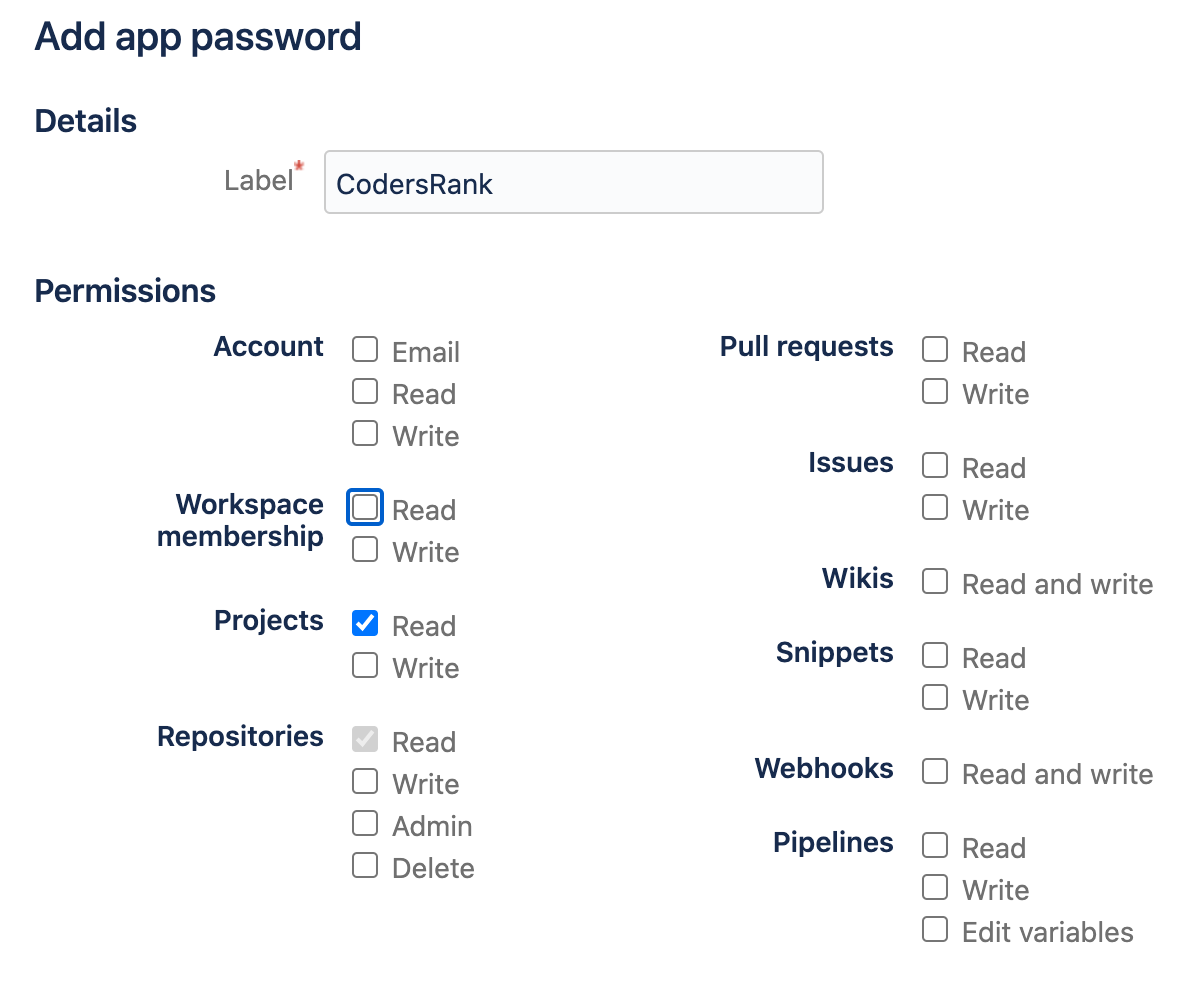This script is used to extract data from your private repo. The data is used to calculate your score on https://codersrank.io
CodersRank by default only considers public repositories, however, most developers have their code in private repositories. We want to give the chance to these developers to improve their scores too by adding their private repositories.
We can understand private repos are private because of a reason. This script extracts only the most important information from the repos:
- Number of inserted lines in each commit
- Number of deleted lines in each commit
Other information such as remote URLs, file names, emails, names are hashed. So we can know if two commits belong to the same file but we won't know the file name.
Moreover, the output is saved to your machine and you can check what data is extracted and you can decide whether you want to share it with us or not.
When a repository is analyzed two tools are used: this and libraries repository. This repository is responsible to recognize the languages and export the imported libraries. The libraries contains a list of supported libraries, imports and technologies they belong to.
- Language recognition: repo_info_extractor.
- Library recognition: libraries
The repo_info_extractor is written in Go, so you can either clone the repo and compile the program or just download the binary and start using it.
git clone --depth 1 https://github.com/codersrank-org/repo_info_extractor.git
cd repo_info_extractor
go run . local --repo_path ./path/to/repo
If using this approach, download the binary from releases and run it.
wget https://github.com/codersrank-org/repo_info_extractor/releases/download/vx.x.x/repo_info_extractor_osx # replace with the latest version
chmod +x repo_info_extractor_osx # in case of Linux, OSX first make it executable
./repo_info_extractor_osx local --repo_path ./path_to_repo
You can find a short video about the usage
You can see the available commands and flags with the --help flag. For example:
./repo_info_extractor_osx --help
...
./repo_info_extractor_osx bitbucket --help
Commands:
bitbucketExtract repository from BitBuckethelpHelp about any commandlocalExtract local repository by pathversionPrint the version number
The commands might have flags. For example local has:
--repo_name You can overwrite the default repo name. This name will be shown on the profile page.
--repo_path Path of the repo
Right now only BitBucket Cloud is supported. For authentication your have to use your username
and create an app password. You can create it here: https://bitbucket.org/account/settings/app-passwords/.
The app password and username must be set via the --password and --username flags. Example usage:
./repo_info_extractor_osx bitbucket --username="peti2001" --password=xxxxxx --visibility=private --emails=karakas.peter@gmail.com
When you create the a new app password make sure you select all the necessary scopes.
 The safest way if you create an
The safest way if you create an app password and use it instead of your user's password.
In the root directory of the repo, run the following command:
go test ./...
